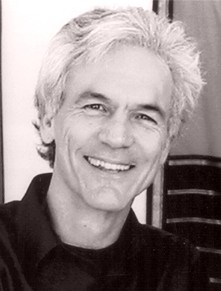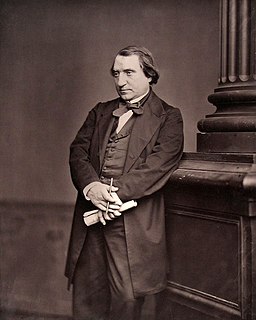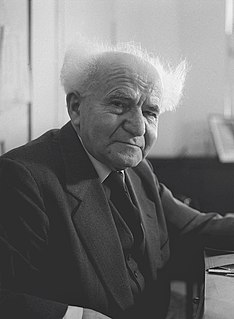A Quote by Albert Einstein
The individual feels the vanity of human desires and aims, and the nobility and marvelous order which are revealed in nature and in the world of thought. He feels the individual destiny as an imprisonment and seeks to experience the totality of existence as a unity full of significance.
Related Quotes
It is very difficult to explain this feeling to anyone who is entirely without it, especially as there is no anthropomorphic conception of God corresponding to it. The individual feels the nothingness of human desires and aims and the sublimity and marvelous order which reveal themselves both in Nature and in the world of though. He looks upon individual existence as a sort of prison and wants to experience the universe as a single significant whole.
In the course of evolution nature has gone to endless trouble to see that every individual is unlike every other individual....Physically and mentally, each one of us is unique. Any culture which, in the interests of efficiency or in the name of some political or religious dogma, seeks to standardize the human individual, commits an outrage against man's biological nature.
The integrative tendencies of the individual operate through the mechanisms of empathy, sympathy, projection, introjection, identification, worship- all of which make him feel that he is a part of some larger entity which transcends the boundaries of the individual self. This psychological urge to belong, to participate, to commune is as primary and real as its opposite. The all-important question is the nature of that higher entity of which the individual feels himself a part.
The sick individual finds himself at home with all other similarly sick individuals. The whole culture is geared to this kind of pathology. The result is that the average individual does not experience the separateness and isolation the fully schizophrenic person feels. He feels at ease among those who suffer from the same deformation; in fact, it is the fully sane person who feels isolated in the insane society - and he may suffer so much from the incapacity to communicate that it is he who may become psychotic.
Each person discovers a field of allurements, the totality of which bears the unique stamp of that person’s personality. Destiny unfolds in the pursuit of individual fascinations and interests... By pursuing your allurements, you help bind the universe together. The unity of the world rests on the pursuit of passion.
To act well in this world, one must sacrifice all personal desires. The people who become missionaries of religious thought have no other Fatherland than this thought. Man is not on Earth merely to be happy, nor even simply to be honest. He is here to realize great things for humanity, to attain nobility, and to surmount the vulgarity of nearly every individual.
The vanity of existence is revealed in the whole form existence assumes: in the infiniteness of time and space contrasted with the finiteness of the individual in both; in the fleeting present as the sole form in which actuality exists; in the contingency and relativity of all things; in continual becoming without being; in continual desire without satisfaction; in the continual frustration of striving of which life consists. . . Time is that by virtue of which everything becomes nothingness in our hands and loses all real value.
This life as a simple citizen and laborer has its benefits not only for the person himself but perhaps also for his country. After all, there is room for only one Prime Minister, but for those who make the desert bloom there is room for hundreds, thousands and even millions. And the destiny of the state is in the hands of the many rather than of a single individual. There are times when an individual feels he should do those things which only can and should be done by the many.
Creatures are not born with desires unless satisfaction for those desires exists. A baby feels hunger: well, there is such a thing as food. A duckling wants to swim: well, there is such a thing as water...If I find in myself a desire, which no experience in this world can satisfy, the most probable explanation is that I was made for another world.



































